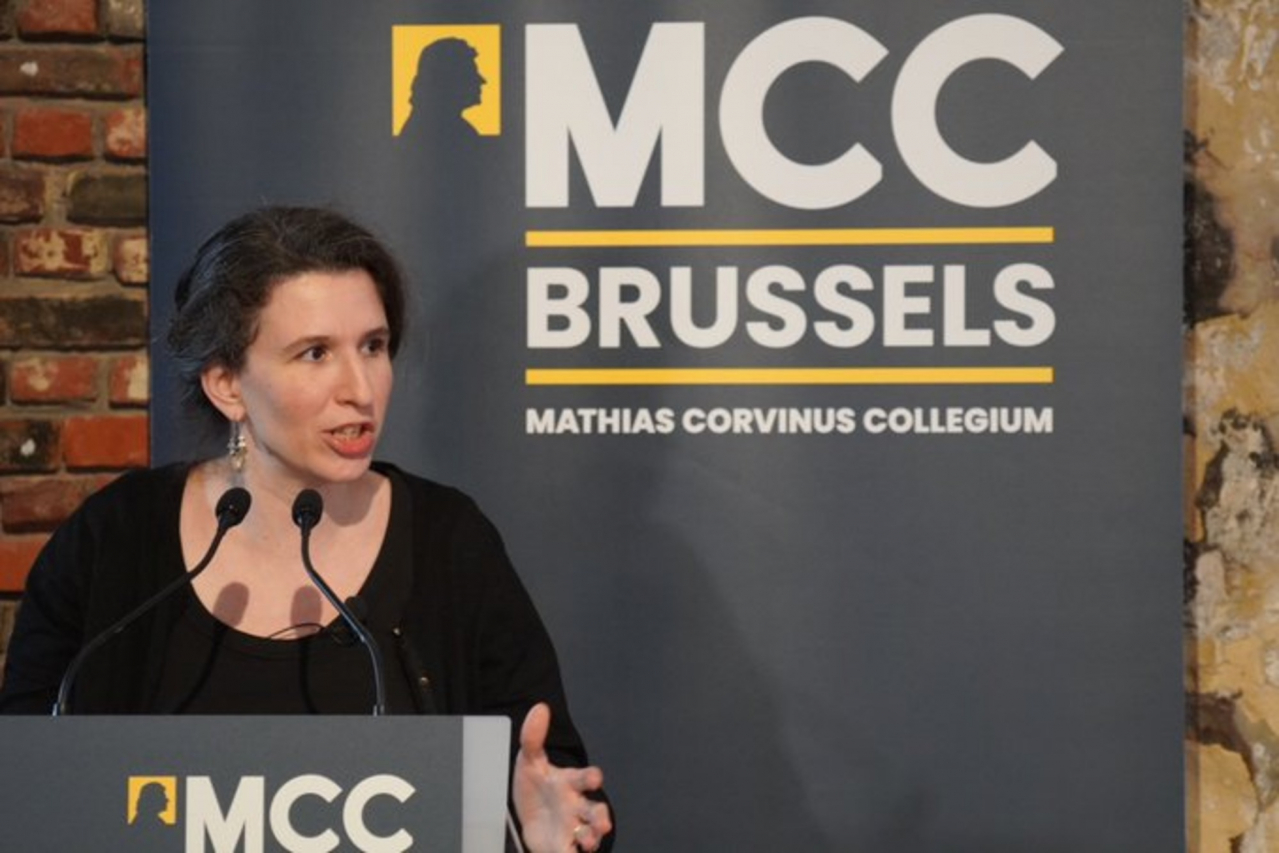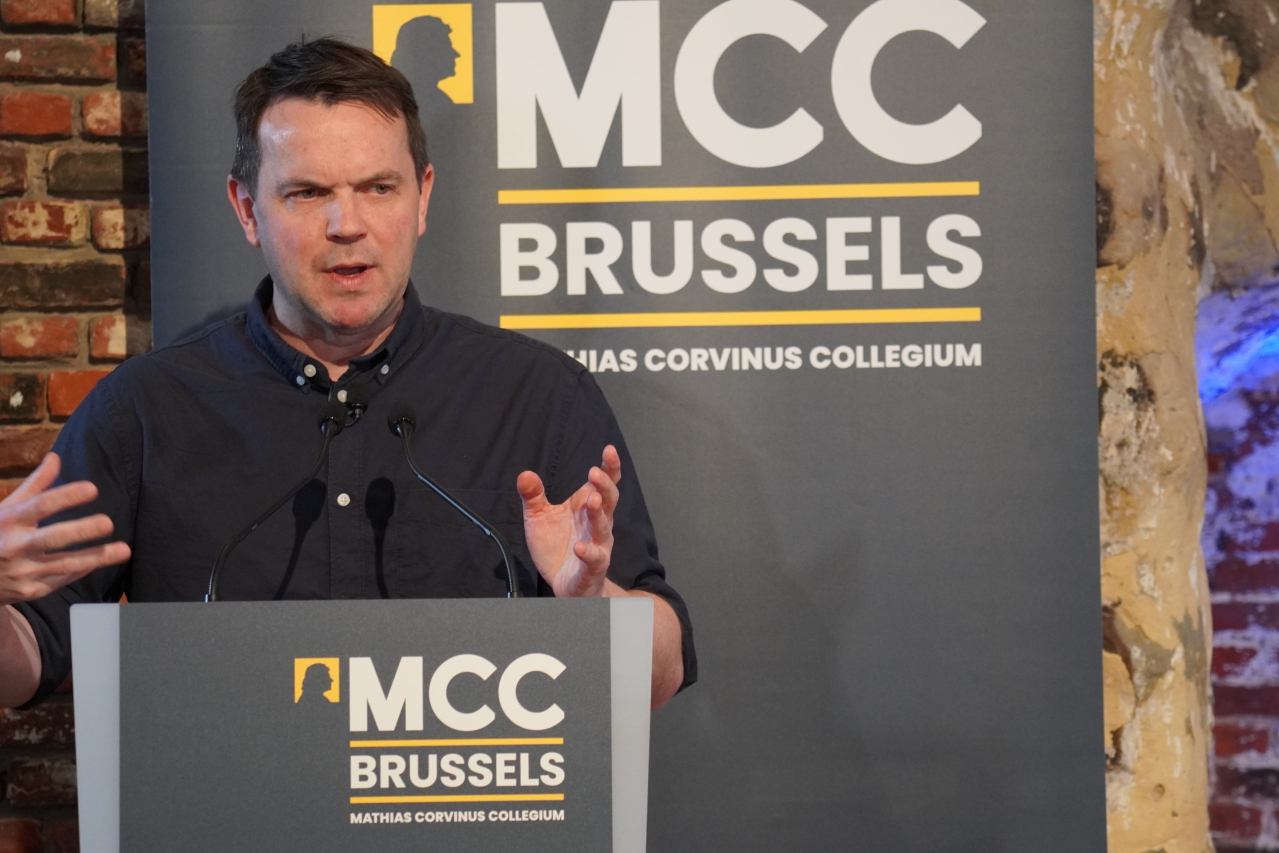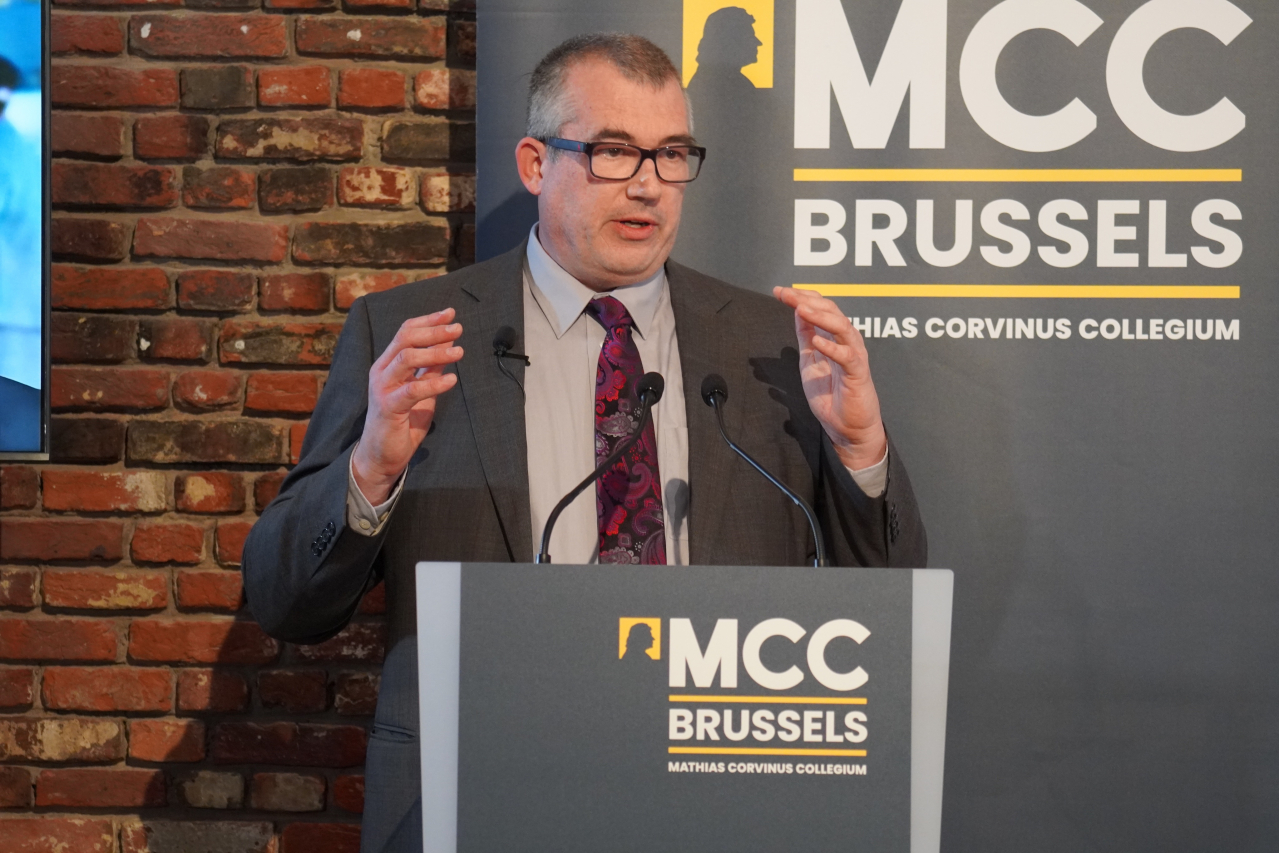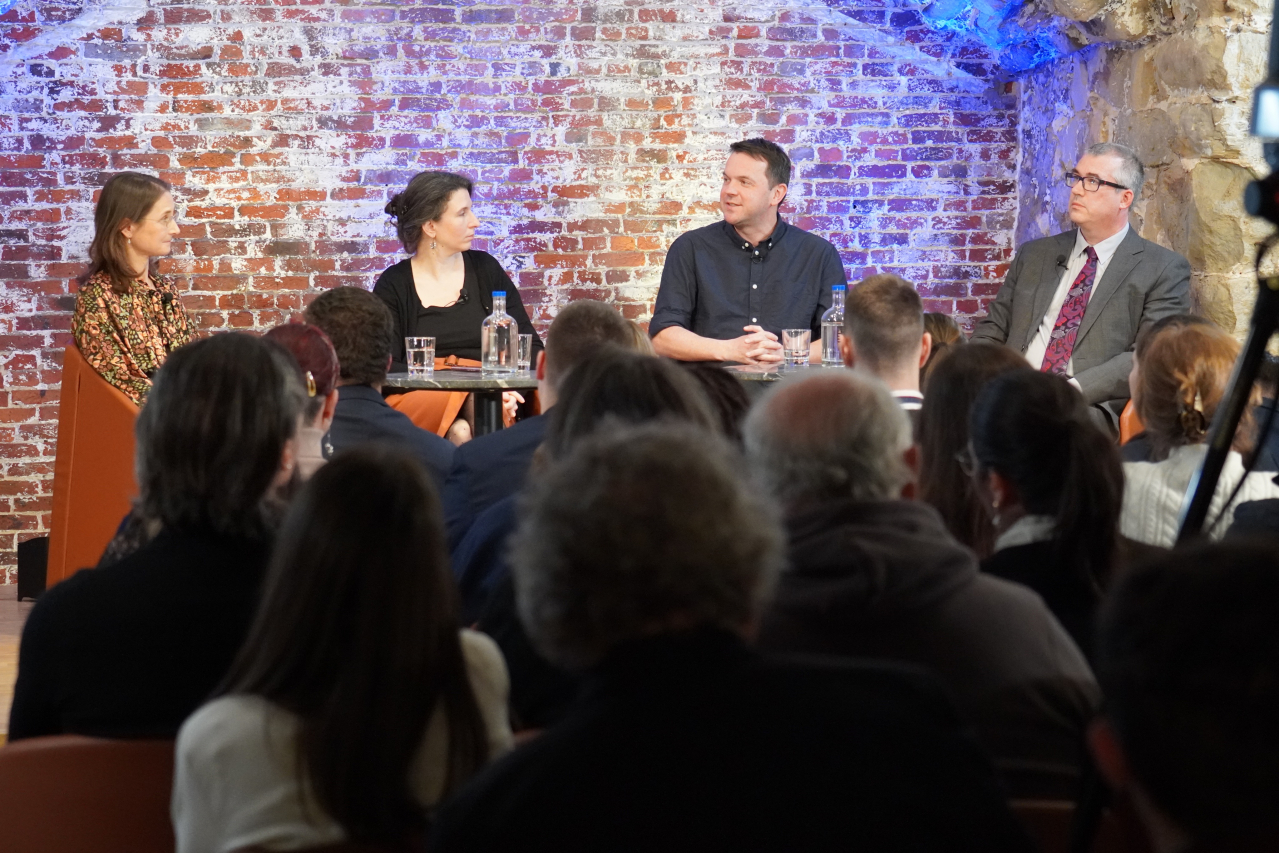Reading time: 2 minutes
In a time where books are left unfinished and classical texts are buried under buzzwords like “literacy skills”, MCC Brussels, in collaboration with the Liszt Institute, hosted a conference titled 'Re-discovering the power of reading' on Tuesday in Brussels. The event gathered leading international voices from literature, history, and education to confront an unsettling truth: reading — true, immersive, life-changing reading — is under threat.
Zsófia Kovács, Director of the Liszt Institute, opened the evening by underlining the importance of cultural depth in an increasingly superficial age. Dr. Hélène de Lauzun, historian, teacher and journalist, stressed that classical literature is essential to moral formation. Simplified or “safe” content infantilizes readers and dulls cultural imagination. She called for parents and educators to model serious reading habits: “If you read, your children will too.”
Dr. Tim Black, columinist and editor, described how literature has lost authority in modern culture. Today, books are often viewed as outdated or problematic. He warned against cancel culture and the academic tendency to deconstruct rather than celebrate literature: “We’re raising generations who don’t believe books matter.”
Dr. Till Kinzel, humanities scholar, member of the board of the Foundation for the Promotion of Conservative Education and Research in Berlin, focused on the power of reading aloud. Beyond communication, language is bonding and tradition. He argued that listening builds attention, imagination, and vocabulary — something no screen can replicate.
Following the keynotes, the panel debated censorship, digital distractions, and national identity. In his remark Prof. Werner J. Patzelt posed the question: “Do we still want children to wander into other realities through books?” The speakers agreed that reading’s power lies in risk, depth, and transformation. Prof. Frank Füredi reminded the audience that the problem isn’t screens, but low expectations. “We must stop infantilizing readers,” - he said. “When we take books seriously, young people do too.” Dr. Maren Thom added a cultural insight: in today’s hyper-politicized environment, reading feels risky. “Everyone’s afraid to do it wrong. But reading should be about connection, not correction.”
Across the panel, one message stood out: reading is more than decoding, it is culture, contemplation, identity and resistance. If we want future generations to think deeply and feel freely, we must give reading its power back.



